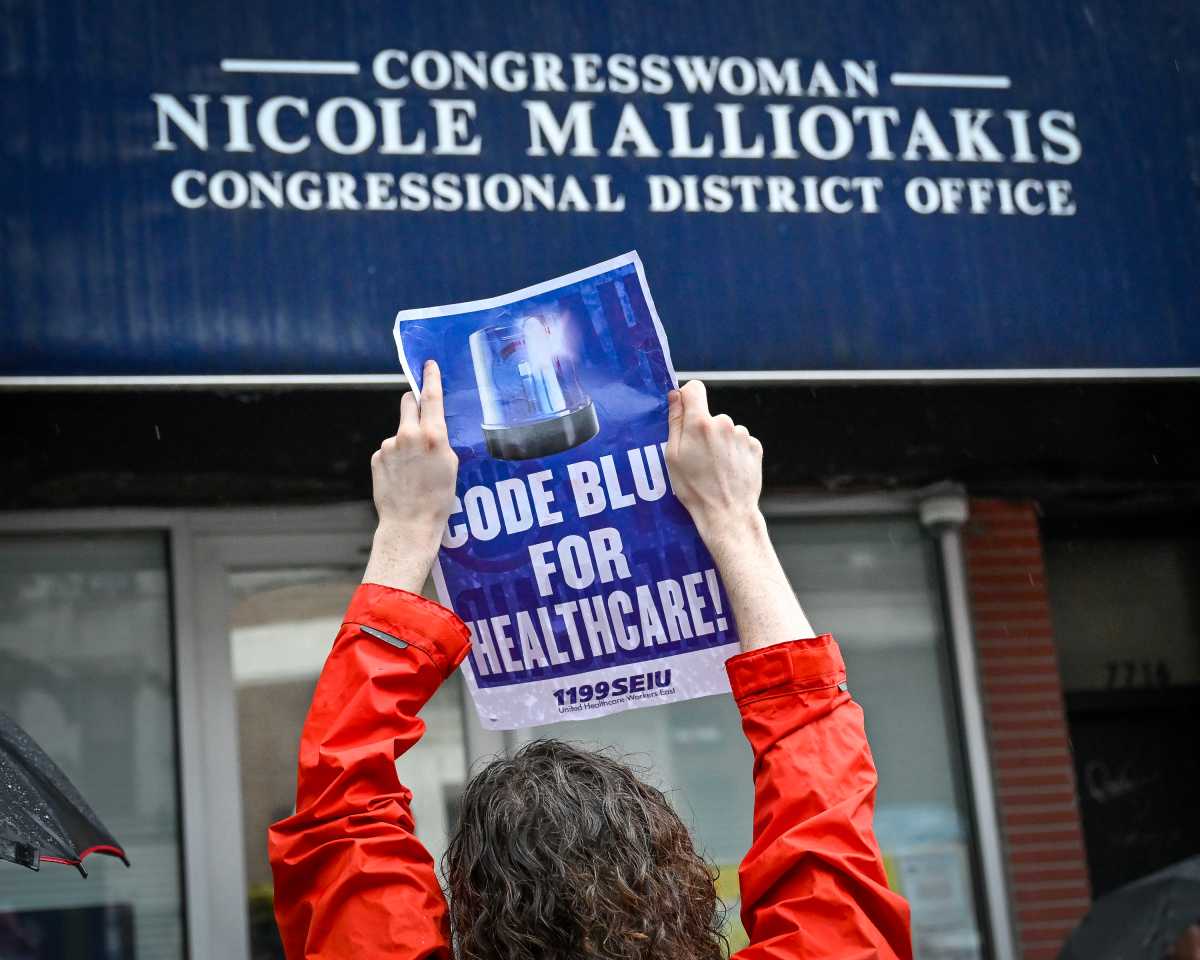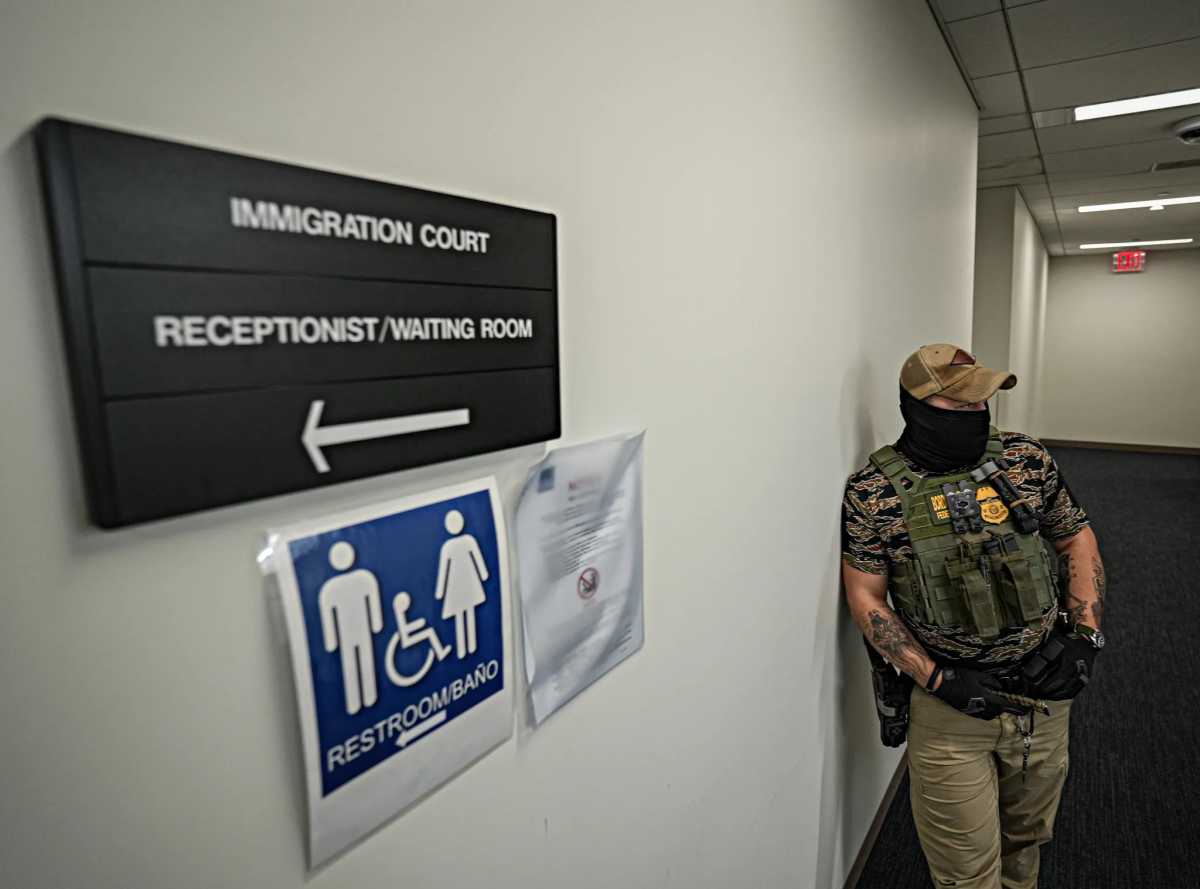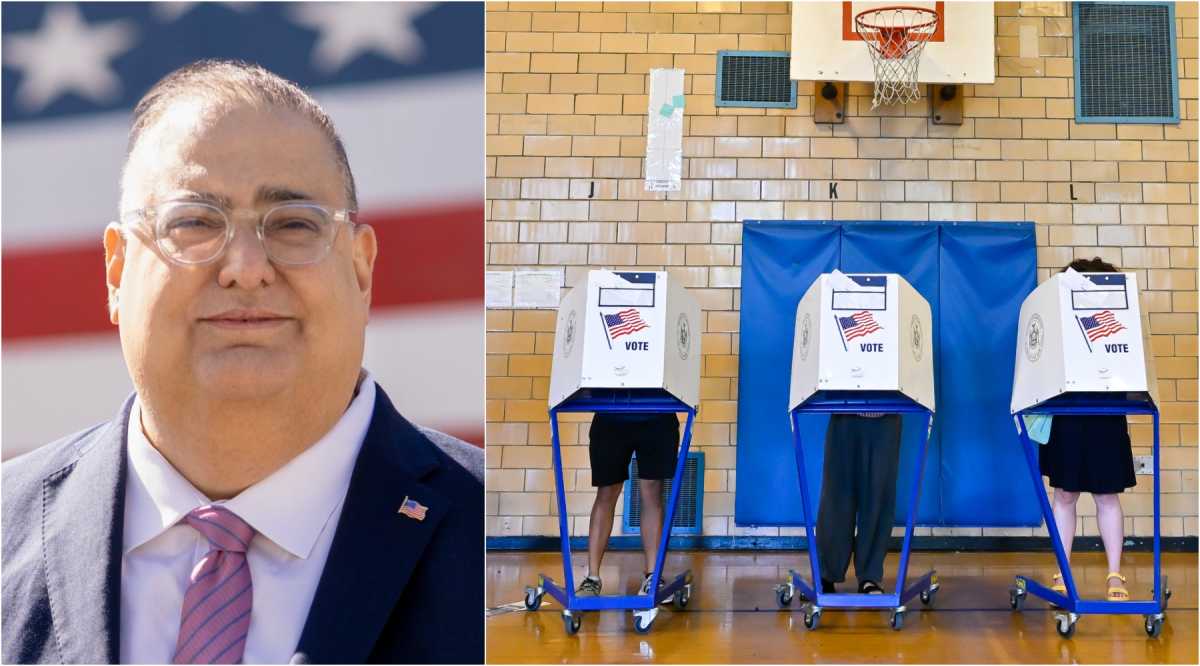Note: The writer of this op-ed is on a community board, but is writing this as an individual in their own personal capacity, and not on behalf of any community board.
When you go vote this November 6, you will likely vote for one of the many candidates running for office that have dominated the political news cycle. If you turn your ballot over, you won’t be voting for people, but revisions to the New York City Charter. In many ways, this is as equally important as voting for any particular candidate.

Proposal 3 would implement term limits of four, two-year terms for community boards throughout New York City. Community Boards are hyper-local governmental bodies that focus on “quality of life” issues, help approve zoning changes and land development, and advise state agencies on issuing liquor licenses and local capital projects.
In many ways, community boards represent the voice of the average community member. Community Boards meet as a whole once a month and sub committees meet more often. To be a member, one must live, work or have significant interest in a neighborhood a board covers, be over the age of 16, and fill out an application that the borough president must approve to be a member. Out of the five Borough Presidents, Brooklyn’s Eric Adams is the only BP who supports term limits.
At 18, I am proud to be one of the youngest members of Community Board 10, which covers Bay Ridge and Dyker Heights, as well as be one of the few teen board members in the city. Being on the board is great: I get to sit alongside dedicated, knowledgeable local activists and vote on issues that directly affect me and my community. However, in some community boards, members have gotten reappointed for so long, the board no longer reflects the makeup of the neighborhood. For example, according to John Choe, a Queens Community Board 7 member who was quoted in a recent qchron.com article, 52% of CB7’s constituency are Asian-American, yet just 38% of the board are of Asian descent.
This is representative of a larger problem in our city that is rooted in our country’s past. Oppressed communities of color do not have a large enough voice in local government. We can no longer say we will work on “behalf” of these communities – we must work alongside them. In order for us to have true equality, marginalized people must have equal power. Currently, the power structure is broken. To make progress, we must fundamentally change it.
CB 10 is diverse and we have had some turnover. While nearly 50% of CB 10 members have served less than 6 years, 19% have served more than 15. Since 2004, 75 new people have been appointed. While CB 10 has done an adequate job of bringing new voices in, Prop 3 will affect all of New York City. Therefore, we must look beyond our own neighborhoods when voting.
An argument against term limits is that members bring historical knowledge which as a community board member, I know is quite valuable. However, the maximum amount of time you can serve on the board under this proposal is eight years, more than enough time to gain a historical and institutional knowledge. When someone continues to be appointed, it means they were re-appointed at the expense of a new, eager participant not being admitted.
The job of Community Boards is to represent the community. In order to do this, we must make sure all voices are heard. Currently, they’re not. Term limits can change that.
Alex Pellitteri has served on Community Board 10 since April of 2018. He is one of two teens on the board.










